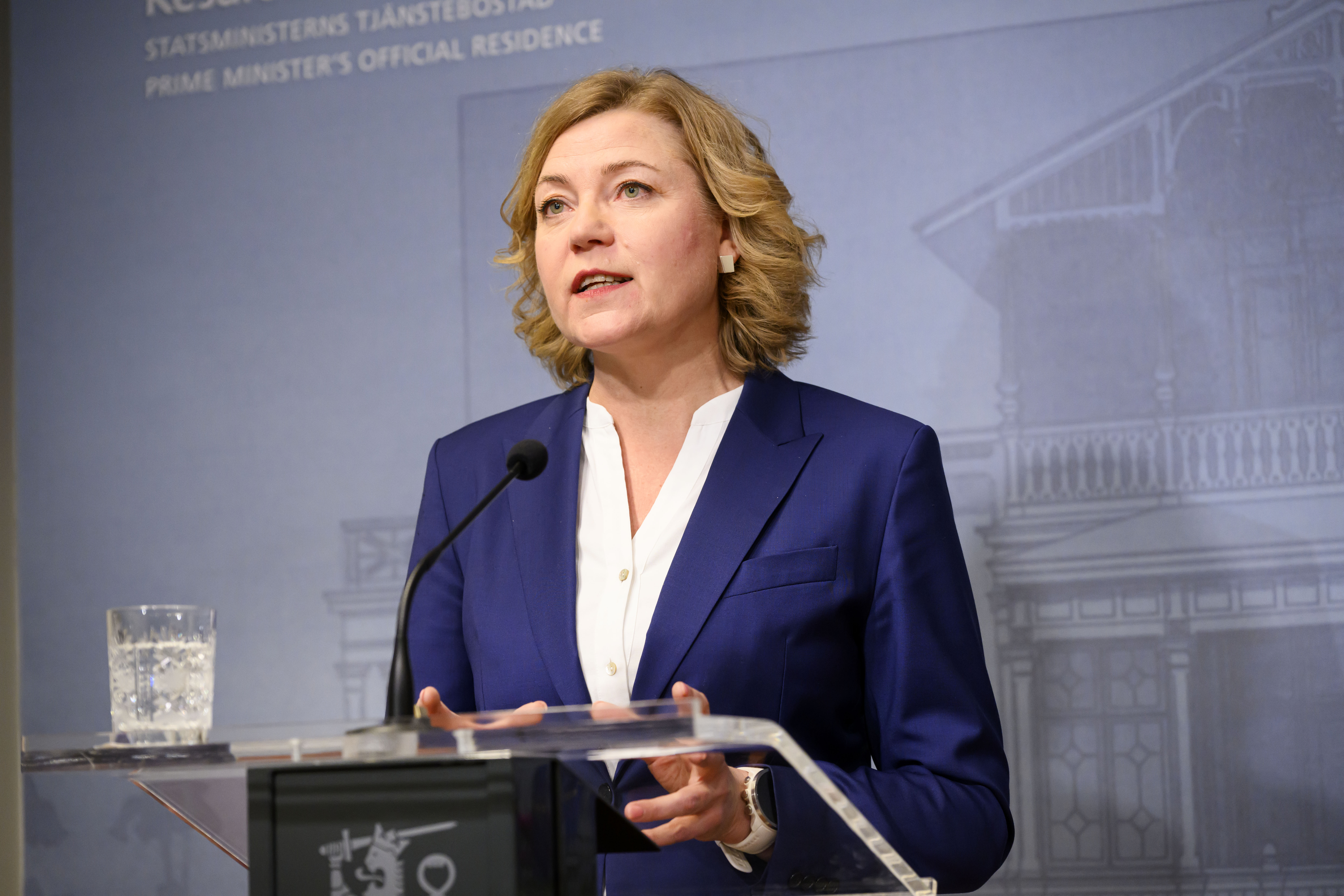Brussels – In response to the worrying increase in suspicious accidents on the Baltic Sea seabed, the European Commission today presented an action plan for the security and resilience of undersea cables in Helsinki, Finland. Brussels will move in several directions: it will fund the deployment of new cables, improve surveillance of European seas with drones, sensors, and satellite imagery, and structure a reserve fleet to repair any damage promptly. Executive Vice President Henna Virkkunen also promises deterrence measures: “Anyone found responsible for sabotage should be punished accordingly, including with sanctions.”
The European Union is on alert: “Almost anything can be used as a weapon against us,” Virkkunen admitted at a press conference. From instrumentalizing migrants to cyber attacks to damaging the critical infrastructure of member countries, such as undersea communication cables, which carry 99 percent of intercontinental internet traffic, and power cables, which facilitate the integration of the 27 EU countries’ electricity markets, strengthen their security of supply, and provide offshore renewable energy to the continent.
After a series of mysterious accidents involving Germany, Finland, Lithuania, Sweden, and Latvia in just a few months, the EU is rushing to help. However, the Commission stressed that the plan was not specific to the Baltic Sea. It applies to all the seas of Europe. Schematically, Brussels will take action in four phases: prevention, detection, response and recovery, and deterrence. First, the idea is to intensify safety requirements and risk assessments while increasing, at the same time, funding to deploy new, “smarter” cables. In the coming years, “we will spend about half a billion on optical cables” – 540 million euros – sources close to the dossier specify. The EU will develop a roadmap with member states to invest in new technologies around the cables. “Up to 30 million euros” are earmarked for stress tests.

Threat detection is crucial. Here, the plan is to voluntarily establish an integrated surveillance mechanism for each sea, with a “civilian and military” approach, that is, to share information and satellite images in real-time. In addition, the EU wants to install a network of underwater sensors in its seas and – as Defense Commissioner Andrius Kubilius explained –use dual-use (civilian and military) drones “both underwater and on the sea surface and in the skies.”
One of the problems that has emerged in recent incidents of alleged sabotage is that marine infrastructure management -which is the responsibility of member countries – is often delegated to private operators. For this reason, “it is crucial to establish a good public-private partnership,” Virkkunen stressed.
When accidents occur, even hundreds of kilometers from the nearest coast, you need to be able to repair the damage quickly. The plan proposes establishing an EU reserve fleet of multipurpose cable-laying vessels and providing more technology and capacity. The reserve fleet should also ensure the storage and availability of spare parts. At this stage, as in previous ones, the EU has stressed the importance of cooperation with the Atlantic Alliance.
Then there is the issue of deterrence, which is the responsibility of the European External Action Service (EEAS) and the EU High Representative for Foreign Affairs, Kaja Kallas. Brussels has targeted Russia’s shadow fleet, believed to be responsible for some of this sabotage and the circumvention of sanctions on the Kremlin. There are already 79 vessels subject to restrictive measures, and on Monday, Feb. 24, when the sixteenth package of sanctions against Russia is formally adopted, there will be 73 more on the list. However, that is not enough: it is vital to “increase the costs for those responsible,” the EEAS explained. Virkkunen raised the issue of the need to “clarify the law of the sea, make sure there are no loopholes and that freedom of navigation is not used against us.”
The Commission will bring together its legal experts to “figure out how to make the best use” of the existing international legal framework and “examine what possibilities exist for taking concrete action.” All this without recourse to new funds. “There are no additional budget allocations, but a redirection of resources into more specific actions,” European sources clarify.
English version by the Translation Service of Withub







